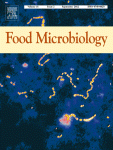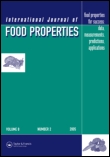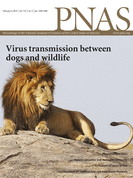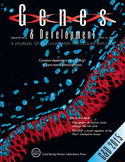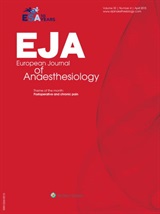 A group of pain researchers in Austria has lost their 2014 paper in the European Journal of Anaesthesiology because one of the authors wasn’t, well, one of the authors.
A group of pain researchers in Austria has lost their 2014 paper in the European Journal of Anaesthesiology because one of the authors wasn’t, well, one of the authors.
The article, “Intravenous nonopioid analgesic drugs in chronic low back pain patients on chronic opioid treatment: A crossover, randomised, double-blinded, placebo-controlled study,” came from a team at the Medical University Vienna and Evangelical Hospital Vienna.
During the study, the authors tested whether intravenous infusions of nonopioid drugs (such as paracetamol, or Tylenol) helped people with chronic back pain who take opioids regularly. They found that people’s pain levels decreased in the days leading up to treatment, when they were receiving a placebo, but not after the actual infusion. The results likely stem from “expectation-related mechanisms,” they wrote. Continue reading Pain paper scratched for authorship issues
